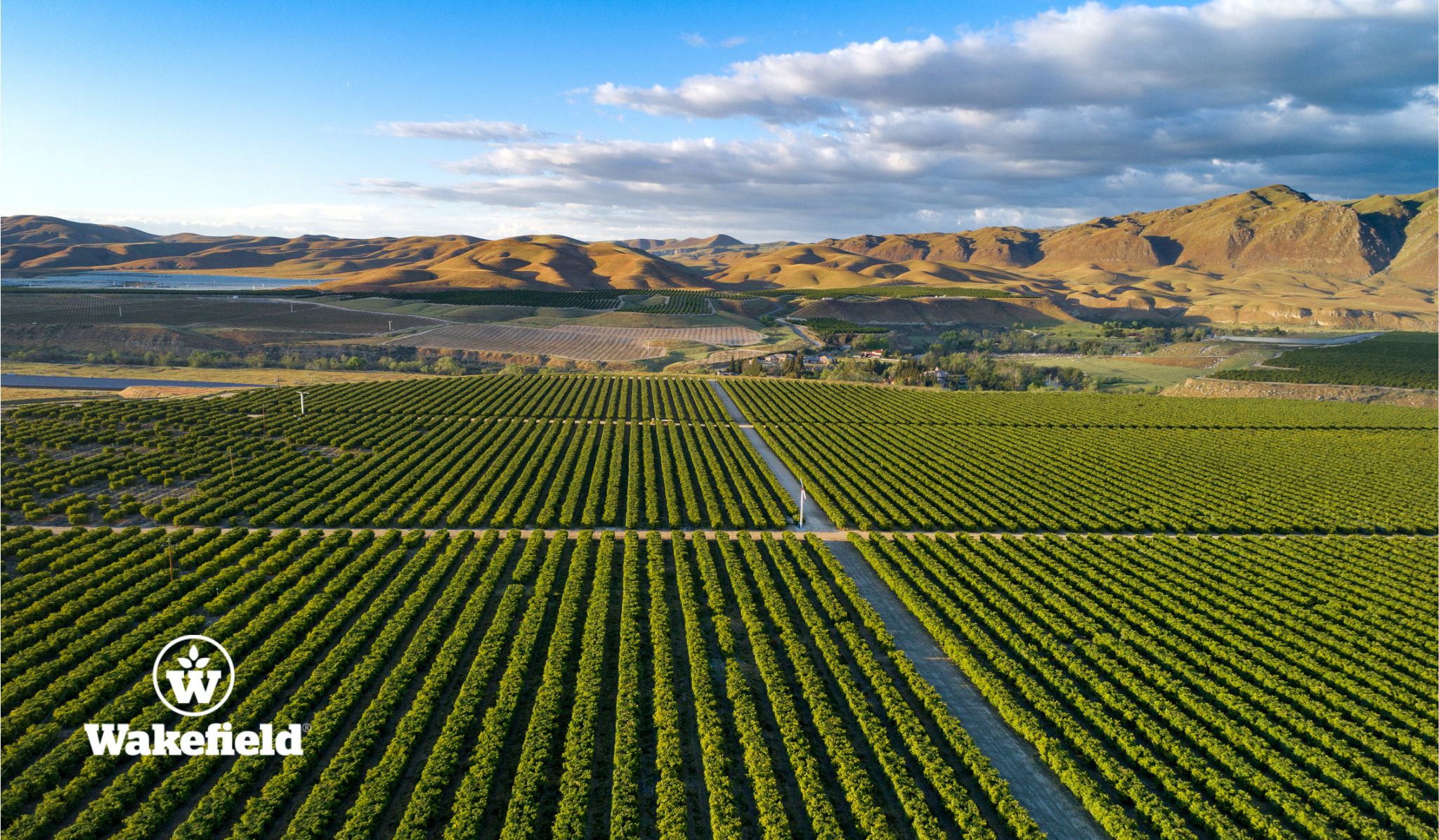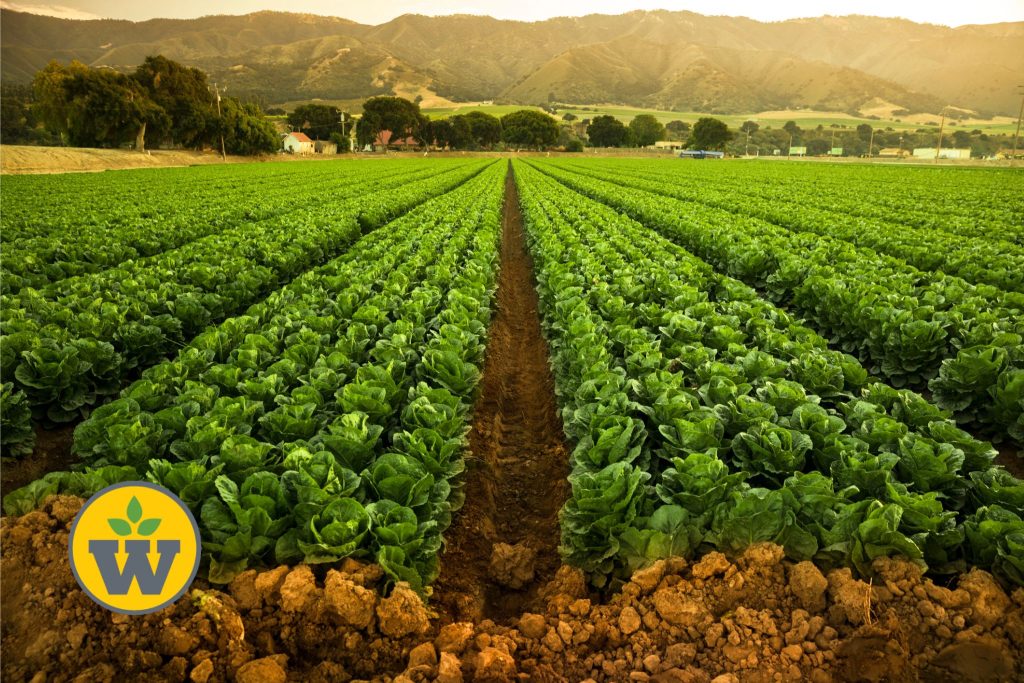Impact of biochar on water retention of two agricultural soils

At Wakefield BioChar, we value the insights and perspectives shared by our community. We wanted to bring special attention to the thoughtful studies by Wang, D., Li, C., Parikh, S. J., & Scow, K. M. (2019). These studies reflect the impact of our products and the commitment we have to sustainability and innovation.
Overview
The study investigated the impact of biochar on water retention in California soils, revealing that factors like biochar type, application rate, and particle size played key roles. Specifically, high-surface-area biochar, such as walnut shell with larger particles, demonstrated enhanced water retention in sandy soils. However, the effect was constrained in fine-textured soils, indicating that high-dosage biochar with high pore volume could potentially improve water retention in coarse soils.
Climate Change
Global climate change has made extreme weather events more common, impacting agriculture worldwide. Enhancing soil water retention is crucial for resilient farming. Biochar, a product of burning biomass without oxygen, can help. It traps carbon, improves soil quality, and may retain water better. But its effects on water retention vary, depending on factors like its source and how it’s made.
More biochar research is needed
Different studies have different ideas about how biochar affects soil water. Some think it changes how soil is put together and might help it hold onto water better. But we’re not totally sure how it all works yet. Scientists are using a special imaging technique to watch how water moves in soil with biochar. They’re also studying how biochar changes in soil over time and how this affects its ability to hold onto water.
The goal of this research is to understand better how biochar affects water in soil in different situations. We want to see if it can help farms deal with not having enough water and with really bad weather.
Biochar to the test
In February 2013, scientists collected soil samples from two different places: a Yolo silt loam soil and a Reiff very fine sandy soil. They dried and sifted these samples to study them better. When they looked at the biochar’s surface features, they noticed that the WA biochar had a lot more surface area and tiny holes compared to the SW biochar. This means it could hold more water. Their experiments showed that using biochar can actually make soil hold onto water better, especially the kind with lots of tiny holes. This is great news, especially for soils that are rough and need help holding water.
Concluding thoughts
Their research revealed that applying biochar with high interporosity immediately increases both field capacity (FC) and plant available water (PAW) in coarse textured soils. They found that larger biochar particles, around 1–2 mm in diameter, play a crucial role in holding moisture. Initially retained within the biochar, this moisture becomes available to the surrounding soil as it dries, providing a temporary moisture boost. While this effect is short-lived, it still represents a positive impact on soil moisture retention.
At Wakefield BioChar, we’re excited to see more studies demonstrating the positive effects of biochar on soil water retention. These findings reinforce our dedication to promoting sustainable farming practices that improve productivity and protect the environment.
Happy learning! Better soil. Better world.
Citation: Wang, D., Li, C., Parikh, S. J., & Scow, K. M. (2019). Impact of biochar on water retention of two agricultural soils – a multi-scale analysis. Geoderma, 340, 185–191. https://doi.org/10.1016/j.geoderma.2019.01.012







